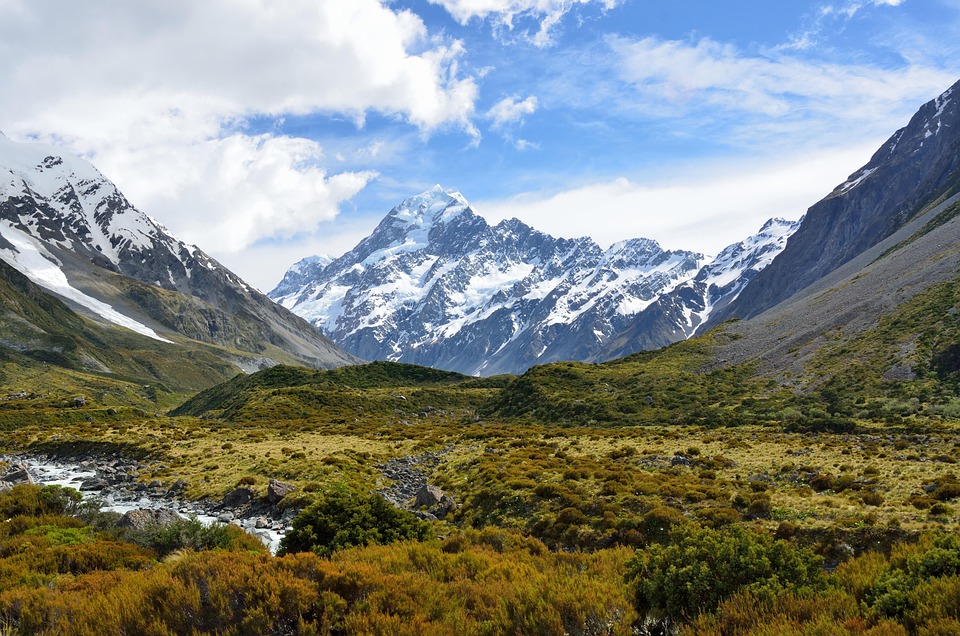Augmented Reality in Education: How AR is Enhancing Learning Experiences
Introduction
Augmented Reality (AR) is revolutionizing the educational landscape across the globe. With its ability to overlay digital information in the real world, AR is enhancing learning experiences in ways previously thought impossible. From interactive textbooks to immersive simulations, AR provides students with engaging ways to absorb knowledge. This article delves into the various applications of AR in education, its benefits and challenges, and its future implications.
What is Augmented Reality?
Augmented Reality refers to technology that superimposes digital content—such as images, videos, and animations—onto the real world. Unlike Virtual Reality (VR), which creates an entirely immersive digital environment, AR enhances the user’s perception of their physical surroundings. This integration of digital information can occur through devices like smartphones, tablets, and AR glasses.
The Science Behind AR
AR operates using a combination of hardware and software to identify and analyze the real world. Key components include:
- Camera and Sensors: Capture real-time environments.
- Projection: Displays digital information.
- Processing: Analyzes data and generates output.
- Reflection: Alters users’ perceptions through augmented content.
AR technology often relies on markers—such as QR codes or images—to trigger the projection of digital content into the user’s view.
The Role of AR in Educational Settings
Interactive Learning Environments
AR transforms traditional classrooms into dynamic learning environments. Through AR applications, students can access interactive elements, making learning more engaging. For example, biology students can view a 3D model of a cell on their devices, exploring its components interactively.
Real-World Applications
AR allows for real-world applications of theoretical concepts. For instance, engineering students can use AR to visualize complex structures in 3D, assisting in grasping spatial relationships and structural integrity.
Collaborative Learning
AR facilitates collaborative learning among students. By engaging in group projects with AR elements, students can work together to solve problems, share insights, and learn from one another’s perspectives.
Enhancing Retention and Understanding
Research shows that interactive and visual learning experiences improve information retention and understanding. AR immerses students within the learning process, catering to various learning styles—visual, auditory, and kinesthetic.
Applications of AR in Various Educational Fields
Science and Technology
In subjects like biology, chemistry, and physics, AR enables students to visualize complex concepts such as molecular structures or the workings of the human body. For example, AR can animate chemical reactions, showing students how substances interact in real time.
History and Social Studies
History lessons come to life through AR. Students can explore historical sites virtually or visualize significant events as they happened. Applications like Google Expeditions allow learners to tour landmarks, enhancing their understanding of context and culture.
Mathematics
Mathematics education can benefit greatly from AR. By using AR, students can visualize geometric shapes and concepts, providing a more intuitive understanding of mathematical principles. Apps like GeoGebra allow for dynamic visualization of mathematical equations.
Language Learning
Learning a new language can be daunting. AR applications can provide interactive language lessons that immerse students in real-life scenarios, enhancing vocabulary retention and conversational skills through contextual learning.
Arts and Humanities
In art education, AR can enable students to interact with famous artworks, offering background information and insights into the artist’s technique. For humanities, AR can enhance literary studies by bringing settings and characters to life.
Benefits of AR in Education
Increased Engagement
AR captures students’ attention and interest. By providing visually stimulating content, AR fosters excitement about learning and enhances participation. Interactive lessons engage students actively, making education more enjoyable.
Personalization
AR can cater to different learning styles, allowing for personalization. Educators can adjust AR experiences to meet individual students’ needs, creating a tailored approach that encourages diverse learning methods.
Accessibility
AR technology can offer accessible learning experiences for students with disabilities. For example, students with visual impairments can interact with AR through audio descriptions, while those with hearing impairments can benefit from visual cueing.
Innovative Assessment Methods
AR technology allows for innovative assessments. Instead of traditional tests, educators can create AR-based challenges that require critical thinking, problem-solving, and creativity, making evaluations more enjoyable for students.
Challenges of Implementing AR in Education
Technology Barriers
While AR technology is becoming increasingly available, there are still barriers to access. Schools in underfunded areas may lack the necessary resources, including devices and internet connectivity.
Training and Professional Development
Educators may require training to effectively integrate AR into their teaching methods. Most teachers need professional development programs to familiarize themselves with AR tools, ensuring they gain the skills needed to enhance their teaching.
Curriculum Integration
Incorporating AR into existing curricula can be challenging. Educators must find ways to align AR experiences with learning objectives and standards, ensuring that the use of technology complements academic goals.
Safety and Privacy Concerns
As with any digital technology, using AR poses potential safety and privacy issues. Schools must establish policies that protect students’ personal information while promoting responsible use of technology.
Future of AR in Education
Advancements in Technology
As AR technology continues to evolve, its applications in education will broaden. Future advancements may lead to more sophisticated AR tools that offer even richer learning experiences, further integrating AR into educational practices.
Global Learning Experiences
AR has the potential to create global learning experiences that transcend geographical boundaries. Students can connect with peers worldwide, engaging in collaborative projects that foster cultural exchange and global awareness.
Lifelong Learning
AR can promote lifelong learning by making professional development and continuing education more accessible. AR-based training modules can enhance skills across various fields, allowing individuals to learn at their own pace.
Integration with AI and VR
The future of AR in education could involve integration with Artificial Intelligence (AI) and Virtual Reality (VR). This combination can provide personalized learning experiences and simulations that mirror real-world scenarios.
Conclusion
Augmented Reality is reshaping the educational landscape by engaging students in innovative and interactive ways. By making learning experiences more immersive and personalized, AR fosters deeper understanding and retention of knowledge. Despite challenges in implementation, the potential benefits of AR in education far outweigh the drawbacks. As technology continues to advance, AR will pave the way for new educational paradigms, creating a more interactive and engaging world for learners everywhere.
References
- Azuma, R. T. (1997). A Survey of Augmented Reality. Presence: Teleoperators and Virtual Environments, 6(4), 355-385.
- Wu, H.-K., Lee, S.-W., Chang, H.-Y., & Liang, J.-C. (2013). Current Status, Opportunities and Challenges of Augmented Reality in Education. Educational Technology & Society, 16(1), 1-10.
- Kocak, A., & Arslan, M. (2019). Augmented Reality in Science Education: A Review of Current Research. Journal of Science Education and Technology, 28(3), 205-214.
- Billinghurst, M., & Duenser, A. (2012). Augmented Reality in the Classroom. Computer, 45(7), 56-62.
- Bacca, J., Baldiris, S., & Fabregat, R. (2014). Augmented Reality Games in Education: A Systematic Review. Educational Technology & Society, 17(4), 3-15.
This article serves as a foundational overview of Augmented Reality in education, discussing its applications, benefits, and potential challenges. Adjustments and expansions can be made based on specific topics of interest within the field, as the landscape of technology in education is ever-evolving.


























Add Comment